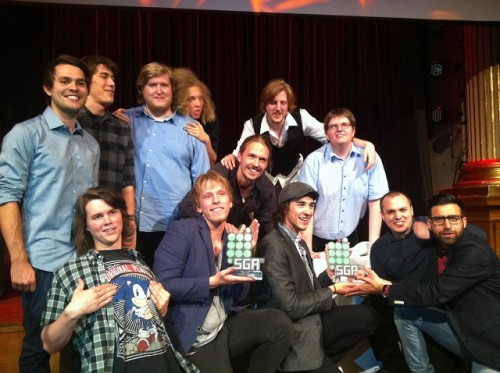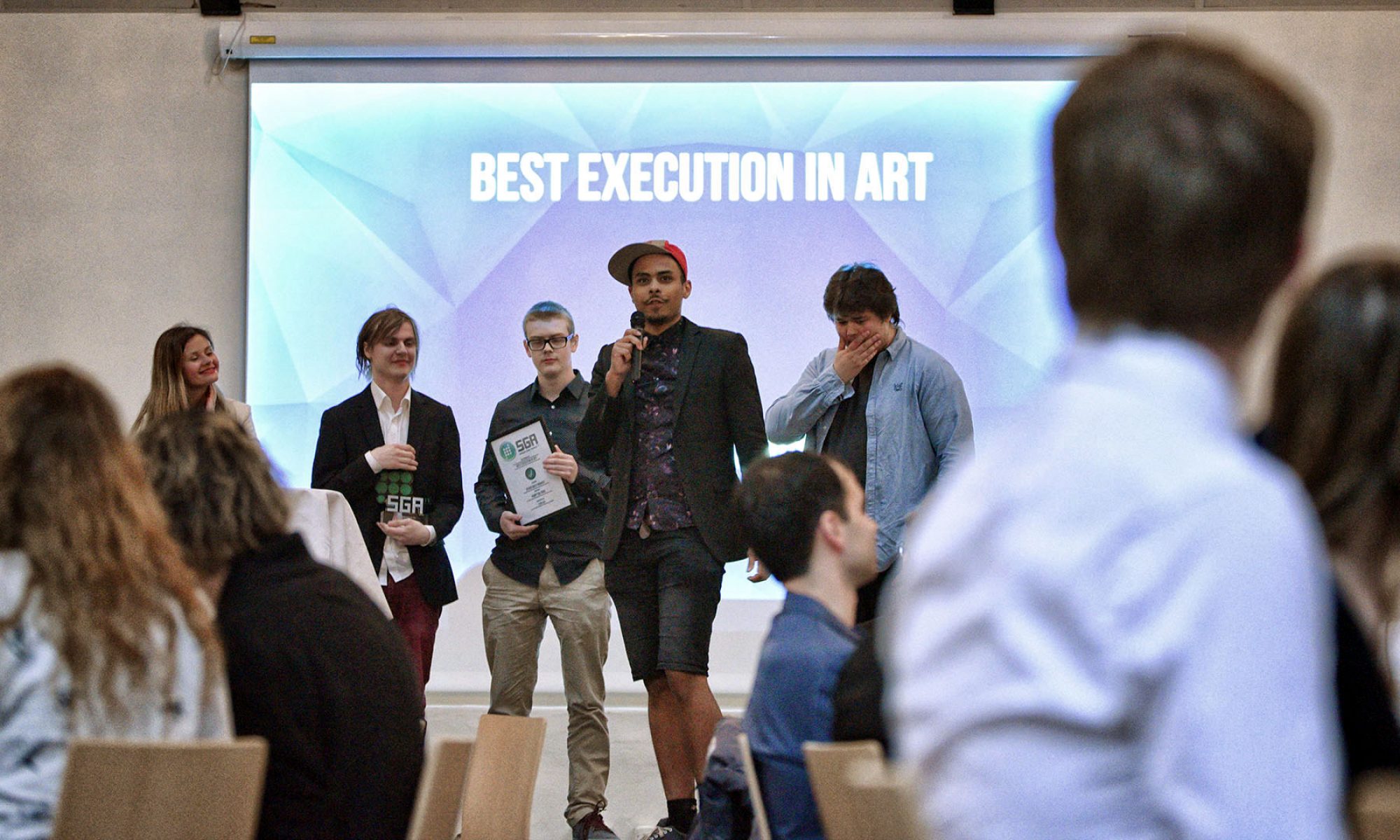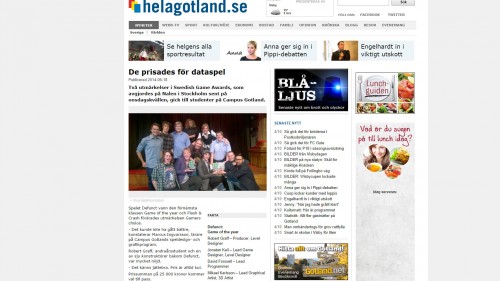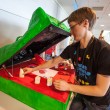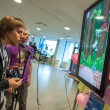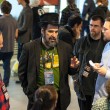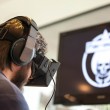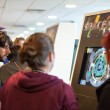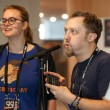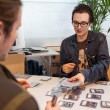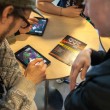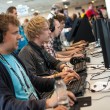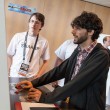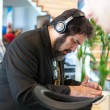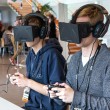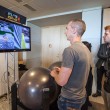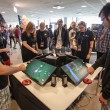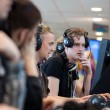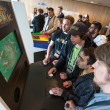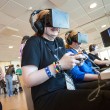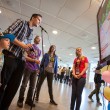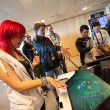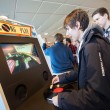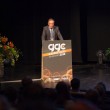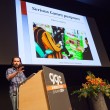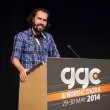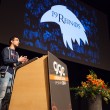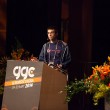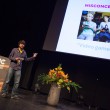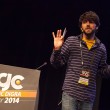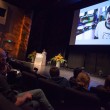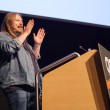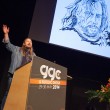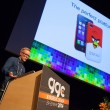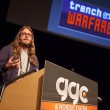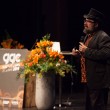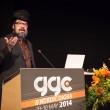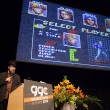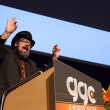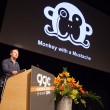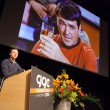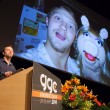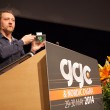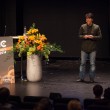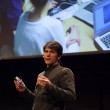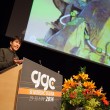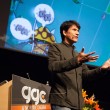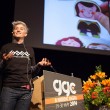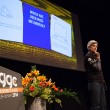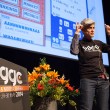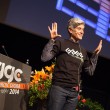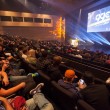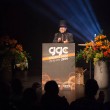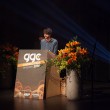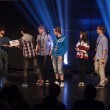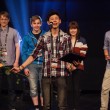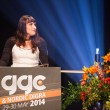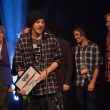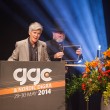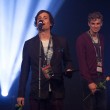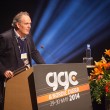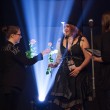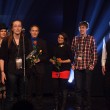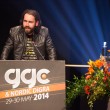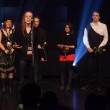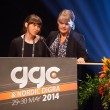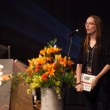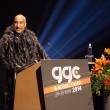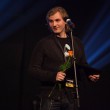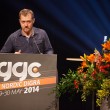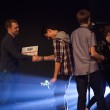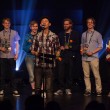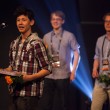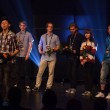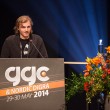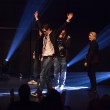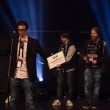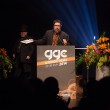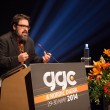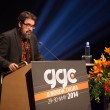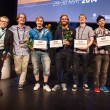The Gotland Game Conference has a history of deep exploration of niche topics, using games as the lens with which to examine any number of areas, and presenting the results in an open, and accessible way. In 2013 we highlighted issues of representation and inclusivity, and how gaming, and game culture, can, and should, be part of the solution.
This year, the conference went big.
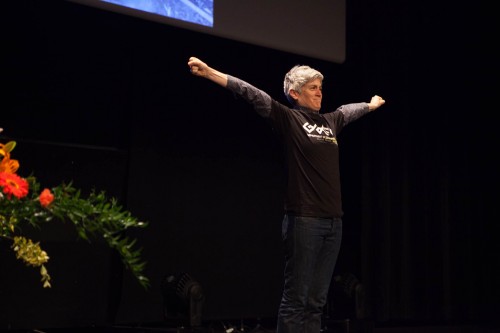
At Gotland Game Conference 2014 we introduced the audience to games as they had never seen them before: as motors for innovation and creation; as serious research – and training; as teaching tools; as alternate reality escapism and even as powerful forms of social engagement and world improvement!
We had an amazing line up of speakers to provide us with many, brilliant and articulate viewpoints.
We had Jean-Baptiste Huynh, CEO of WeWantToKnow and creator of the award winning algebra game DragonBox, talking about using games as a teaching medium. Brendon Trombley followed up with Institute of Play, where he does just that: collaborating with teachers at a New York City public school, building on principles underlying games and game design, they suggest a promising new paradigm for curriculum, learning and the institution of school.
You can’t look forward without learning from the past, so Jason Scott, American archivist and historian of technology introduced us to his work at the Internet Archive and their plan to put every computing platform, ever, in your browser. He is leading the charge towards a YouTube for video games and further on to make all computing culture instantly available and shareable!
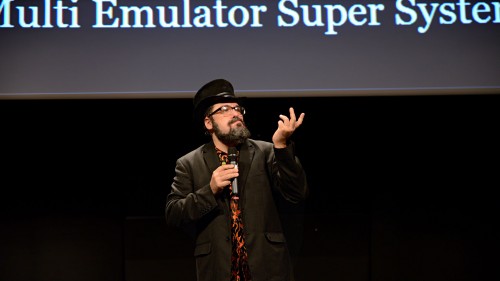
Swede filmmaker and creative powerhouse, Jerry Belich, gave an intensely personal talk on the fragility of innovation and the creative process, and the entire conference was brought to a close by the, quite frankly, awesome Colleen Macklin (about who we’d need a tl,dr post to make up an adequate description). She gave a presentation that was at once shockingly pragmatic and learned while also managing to be hopeful and inspirational.
Gotland Game Conference was also hosting the Nordic Digital Games Research Association – the premiere international association for academics and professionals who research digital games and associated phenomena. They presented scientific papers on the subject of Gamification, gaming culture and it’s effect on society, and pervasive game systems in everyday life.
In short – we explored game systems stretching beyond living-room escapism, and caught a glimpse of what the future of gaming could hold!
2014 also saw the strongest lineup of student games ever. Across all three years, students presented 28 projects of unprecedented quality. The jury had their work cut out for them, and we ended up with a nice cross-section with all years represented on stage during the bombastic Awards Ceremony;
Show Floor
Speakers
Awards Ceremony
